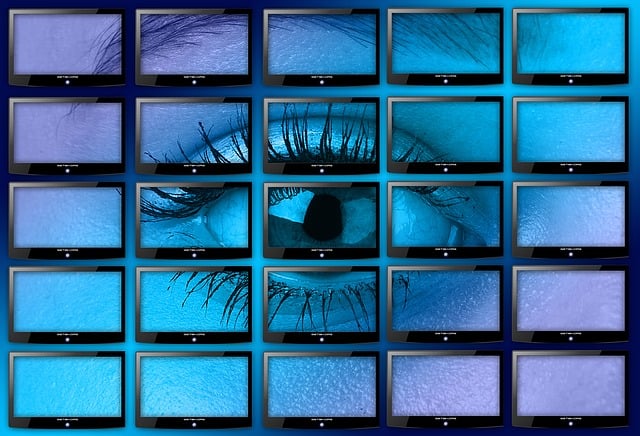Discreet 24/7 video surveillance leverages advanced technology like covert cameras and wireless hidden models for non-intrusive monitoring in high-security areas, businesses, and private spaces. While offering remote access, real-time footage, and threat deterrence, it raises legal and ethical concerns regarding privacy rights. Balancing security with respect for privacy, adhering to local laws, strategic camera placement, and regular maintenance are crucial for effective and ethical 24/7 video surveillance.
In the realm of discreet surveillance, covert cameras offer a silent yet powerful tool for observation. This comprehensive guide explores the art and science of hidden camera systems, catering to diverse needs from home security to professional monitoring. We delve into various types, applications, and critical legal considerations, ensuring you understand the capabilities and limitations. Learn how to implement 24/7 video surveillance, transforming your space into a secure, monitored environment.
Understanding Discreet Surveillance Needs
In today’s digital era, understanding discreet surveillance needs has become paramount for both personal and professional security. With advanced technology allowing for invisible and non-intrusive monitoring solutions, individuals and businesses can safeguard their spaces effectively while maintaining privacy. Covert cameras offer a 24/7 video surveillance system that remains hidden from view, providing peace of mind without compromising aesthetics or disrupting daily activities.
Discreet surveillance is particularly valuable in scenarios where constant observation is required but visibility must be kept low. This includes high-security areas, sensitive business operations, and personal spaces where privacy is paramount. By integrating these invisible camera systems, users can remotely monitor activities, deter potential threats, and capture evidence without raising unnecessary attention, ensuring a safe and secure environment at all times.
Types of Covert Cameras and Their Applications
Covert cameras come in various types, each designed for specific applications and levels of discretion. One popular category is the miniature camera, often no larger than a pen or coin, making them ideal for hidden surveillance. These tiny devices can be easily placed in pockets, hidden behind objects, or integrated into everyday items like watches or glasses, enabling unobtrusive 24/7 video surveillance.
Another type is the wireless hidden camera, which utilizes existing home or office networks to transmit footage discreetly. These cameras can be installed almost anywhere and provide remote access via smartphone apps, making them versatile for a range of applications from home security to professional monitoring. Their ability to capture high-quality video and offer real-time surveillance makes them valuable tools for ensuring constant observation without drawing attention.
Legal and Ethical Considerations for Hidden Cameras
The use of hidden cameras raises significant legal and ethical questions, especially when it comes to 24/7 video surveillance. In many jurisdictions, placing cameras in areas where individuals have a reasonable expectation of privacy, such as homes or public spaces like rest rooms, is prohibited. Violating this privacy can lead to severe legal repercussions, including charges for invasion of privacy or illegal wiretapping.
Moreover, the ethical implications extend beyond legality. Discreet surveillance can erode trust and foster a sense of constant monitoring, impacting personal freedoms and relationships. It’s crucial for individuals considering 24/7 video surveillance to weigh these factors, ensuring they comply with local laws and respect the privacy rights of others while balancing their security needs.
Setting Up 24/7 Video Surveillance Systems
Setting up a 24/7 video surveillance system involves strategic placement of cameras to capture every angle of your targeted area. This entails identifying key locations, such as entry points, high-traffic zones, and sensitive areas, to ensure comprehensive coverage. Once these spots are determined, install discreet cameras that blend seamlessly into the environment, be it hidden within everyday objects or disguised as regular fixtures.
These systems should be connected to a reliable recording device capable of storing vast amounts of data without interruption. Internet-based storage solutions offer remote access from anywhere at any time, allowing for continuous monitoring and instant alerts in case of suspicious activity. Regular maintenance checks are crucial to ensure optimal performance, including testing connections, checking storage space, and replacing batteries or power sources as needed.
Discretely monitoring your surroundings can be a powerful tool for enhancing security, whether in a business or residential setting. By understanding specific needs, selecting the right covert cameras, and navigating legal boundaries, you can implement effective 24/7 video surveillance systems. These measures ensure peace of mind while respecting privacy rights.
